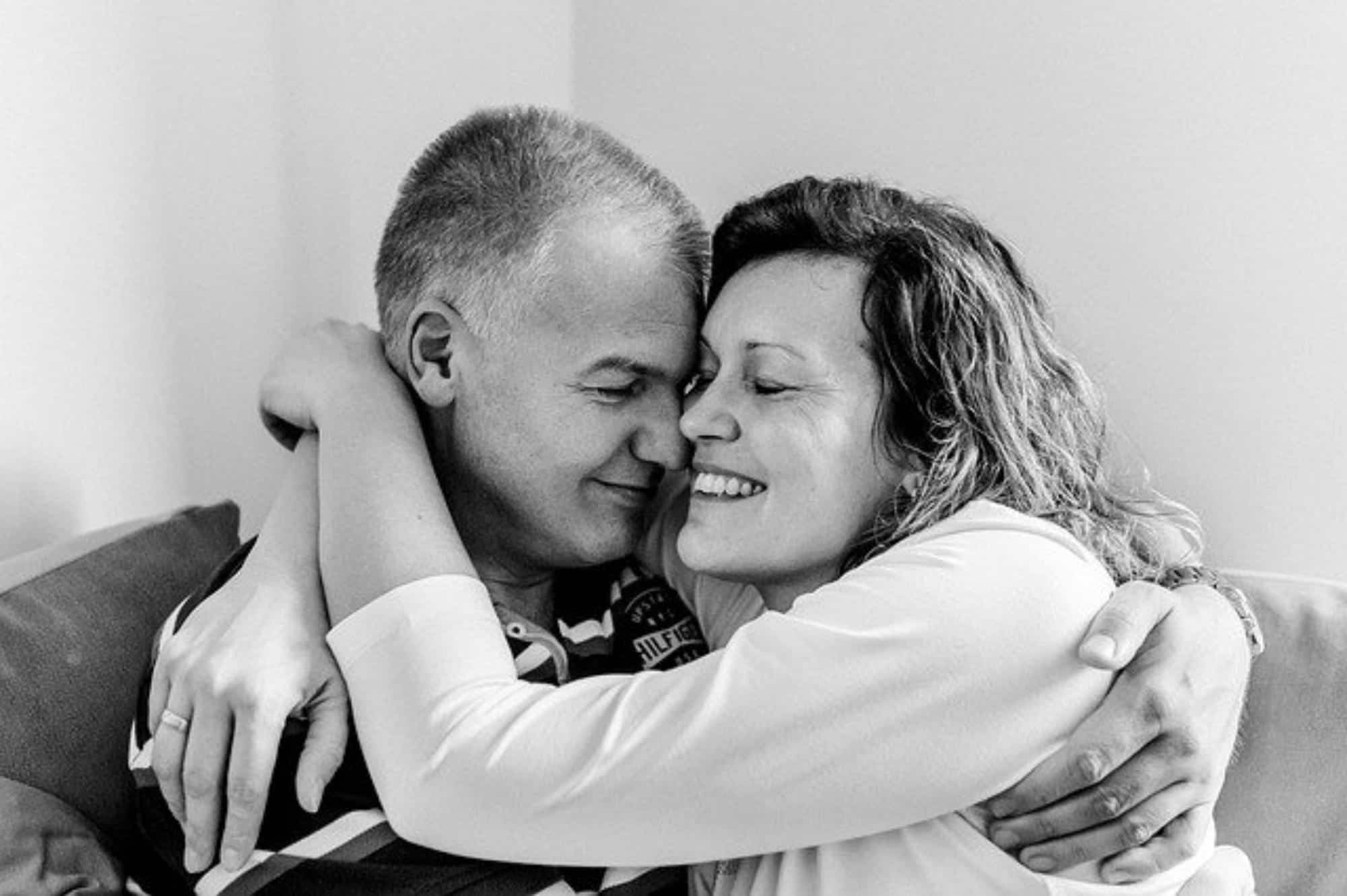A Comparison Of The Differences And Similarities Of Breast Cancer In Men And Women
Males get breast cancer, but not nearly as often as females do. Although the disease is similar in both sexes, there are differences. Pegasus senior care experts in Sierra Madre and elsewhere present a comparison of breast cancer in men and women.
Male and female breasts both contain fatty tissue and fibrous tissue. As individuals mature, their breasts develop lobular glands that produce milk and ducts to transport milk to their nipples.
Biology Makes A Difference
Boys develop few ducts and lobular glands. Their ducts and glands are not functional.
Milk ducts grow when the female hormone estrogen is secreted as girls enter puberty. Progesterone, another female hormone, increases the number and size of the lobules. Males have minimal amounts of the hormones, and their breasts don’t grow.
The most common type of breast cancer is ductal carcinoma in situ (DCIS). In situ means it hasn’t expanded beyond the duct. Invasive ductal carcinoma (IDC) has spread into fatty tissue and is also common. Cancer in the lobular glands occurs less frequently.
As noted above, males have far fewer ducts and lobules than women have. That accounts for their significantly lower rate of breast cancer. Another reason for the rarity of male breast cancer is linked to their genes.
The Role Of BRCA Genes
Both men and women have BRCA1 and BRCA2 genes. When those genes function correctly, they help suppress the growth of tumors. Damaged BRCA genes no longer serve to prevent abnormal growth.
Damaged genes are known as mutated genes and may be passed to an individual’s children. While the mutated BRCA genes do not cause cancer, they no longer prevent it. Women inheriting the mutated gene have a higher risk of developing breast cancer.
Men with the mutated BRCA gene may develop breast cancer, but prostate cancer is more likely. A male may have a higher breast cancer risk if female family members also have the mutated gene. His risk is also increased if those family members develop breast cancer.
Males and females share some of the breast cancer risk factors. Family history, as well as a previous incidence of cancer, increase an individual’s risk. Other factors include:
- Aging – Individuals 50 years old and older develop breast cancer more often than younger individuals.
- Diet, exercise, and weight – Poor diet, lack of exercise, and obesity all increase an individual’s risk of developing any disease, including breast cancer.
- Exposure to radiation – Receiving radiation therapy to the chest at a younger age increases breast cancer risk as individuals age.
- Excessive consumption of alcohol – Alcohol affects the liver, which plays a part in regulating hormones. Out-of-balance hormones increase breast cancer risk.
- Race – Whites are at higher risk than Blacks. Asian, Hispanic, and Native American individuals have a lower risk of developing breast cancer and a lower rate of dying if they do develop it.
Other risk factors are unique to each sex. Among these are Klinefelter syndrome, an abnormality in male chromosomes. It decreases the production of male hormones and can allow excessive estrogen to circulate.
Estrogen stimulates breast tissue growth. Males may also have received estrogen treatment for prostate cancer. Certain testicular conditions can increase male breast cancer risk.
Women who have never been pregnant or experienced their first pregnancy after age 30 are at higher risk. Those who started menstruation before age 12 or began menopause after age 50 have increased risk. These factors determine the amount of estrogen circulating.
Certain drugs may increase an individual’s risk. These include diethylstilbestrol (DES) prescribed for women. The research is ongoing regarding finasteride (Proscar) prescribed for men.
Male And Female Breast Cancer Symptoms And Treatment Are Similar
Breast cancer symptoms in men and women are similar, and include:
- A discharge from the nipple
- A lump or thickening in the breast
- An inverted nipple if not previously turned inward
- Change in the shape, size, or appearance of the breast
- Skin changes, such as dimpling, scaling, peeling, pitting, or redness
Consulting a physician is recommended for any of these symptoms.
Treatment of breast cancer is also similar for both men and women, and surgery is typically recommended. A lumpectomy removes only the lump. A mastectomy removes the entire breast.
Other treatment options include:
- Chemotherapy
- Hormone therapy
- Immunotherapy
- Radiation
Treatment choices are based on the type and size of the growth, overall health, and patient preferences.
Men Have A Lower Survival Rate
Statistically, men have a lower survival rate than women. Many don’t recognize changes in their breasts as potentially cancerous. That keeps them from seeking early treatment, which is crucial for survival.
Men tend to have a greater adverse psychological reaction to their diagnosis. They look at breasts as a feminine attribute and breast disease as an affront to their masculinity. Their perception of shame and stigma hampers their willingness to seek post-treatment support and their ability to recover fully.
Pegasus is a licensed Home Care Organization and a Joint Commission Accredited Home Health Care organization. Our senior care services in Sierra Madre and our other locations are personalized to meet every level of need. You or your loved one will receive expert care in the privacy and safety of your home.

